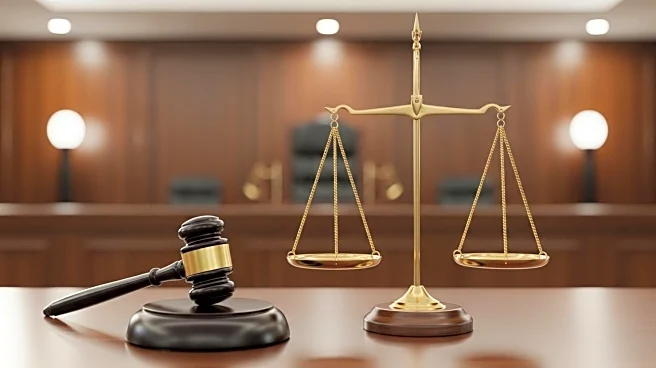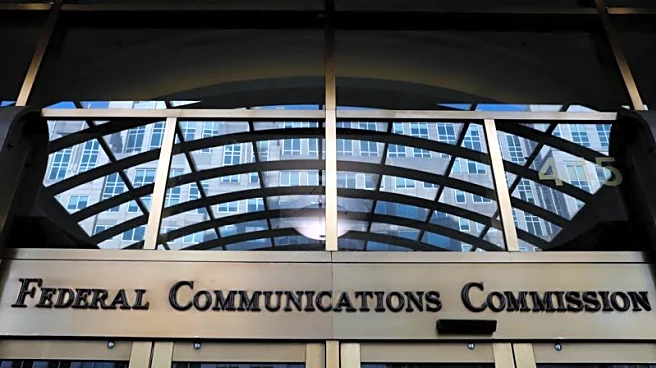What is the story about?
What's Happening?
Bronstein, Gewirtz & Grossman LLC, a nationally recognized law firm, has announced a class action lawsuit against Charter Communications, Inc. The lawsuit alleges that Charter Communications and certain of its officers made materially false and misleading statements during the period from July 26, 2024, to July 24, 2025. The claims focus on Charter's inability to manage the end of the Affordable Connectivity Program (ACP), which reportedly led to a sustained decline in internet customers and revenue. The lawsuit seeks to recover damages for violations of federal securities laws on behalf of all persons and entities that purchased or acquired Charter securities during the specified period.
Why It's Important?
This lawsuit is significant as it highlights potential mismanagement and misleading communications by a major telecommunications company, which could have broader implications for investor trust and corporate governance in the industry. If successful, the lawsuit could result in substantial financial compensation for affected investors and may prompt Charter Communications to reassess its operational strategies and transparency practices. The case also underscores the importance of accurate and truthful disclosures by publicly traded companies, which are crucial for maintaining investor confidence and market integrity.
What's Next?
Investors who suffered losses are encouraged to join the class action by visiting the law firm's website. The deadline to request appointment as lead plaintiff is October 13, 2025. The lawsuit will proceed through the legal system, potentially leading to a settlement or court judgment. Charter Communications may face increased scrutiny from regulators and investors, and could be compelled to make changes to its business practices and communication strategies.
Beyond the Headlines
The lawsuit against Charter Communications may have broader implications for the telecommunications industry, particularly in how companies manage government programs and communicate their impacts to investors. It raises questions about corporate accountability and the ethical responsibilities of companies in maintaining transparency with stakeholders. The outcome of this case could influence future regulatory policies and investor relations practices within the sector.
















